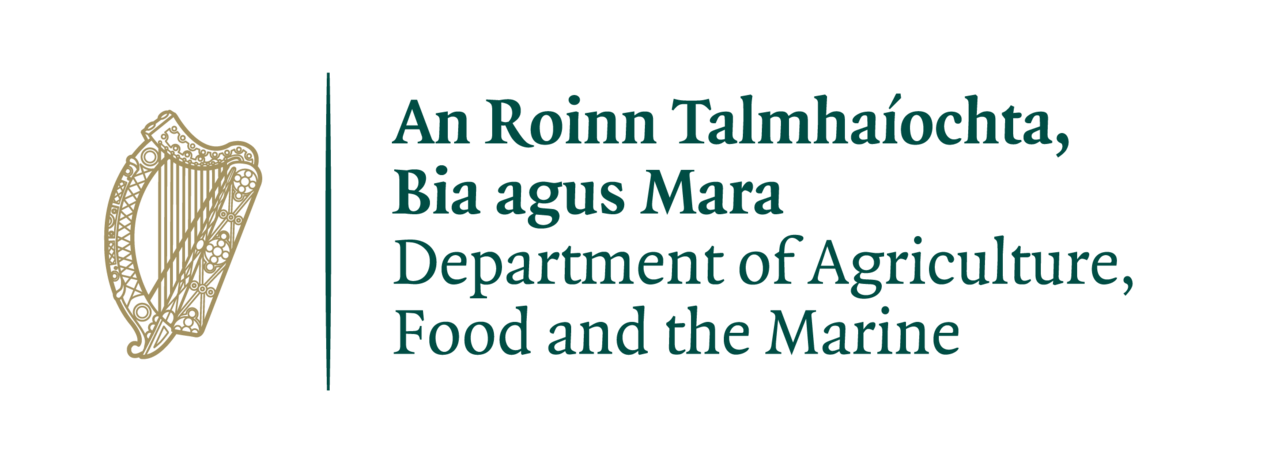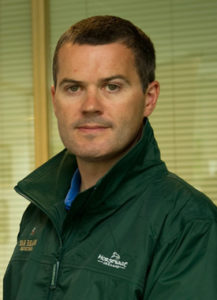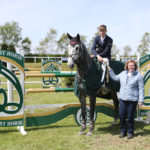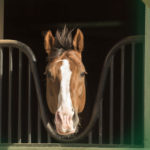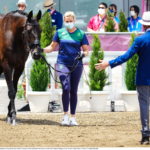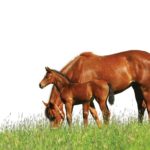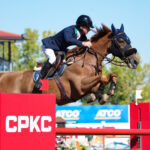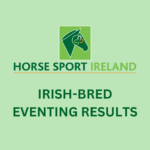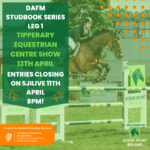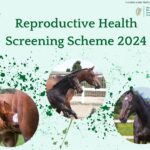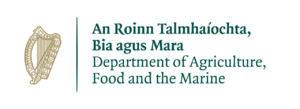Horse Sport Ireland confirm that following EHV-1 virus protocols – all Irish test results retuned as negative
- 16 May 2021, 11:07
Horse Sport Ireland are delighted to confirm this week, that following the conclusion of the quarantine and testing period for Irish horses returning from the Iberian Peninsula, the centre of the recent EHV-1 outbreak, all returning Irish horses have successfully completed their quarantine period and fulfilled the requirements of the rigorous testing protocols.
On March 3rd 2021, Horse Sport Ireland, the FEI IRL National Head Veterinarian and representatives from the Irish Equine Centre, put in place a risk management EHV-1 Protocol for FEI athletes and horses returning from the Iberian Peninsula. As EHV-1 is not a notifiable disease, Horse Sport Ireland were made aware that the Department of Agriculture, Food and the Marine (DAFM) were not in a position to take control of the situation, however the DAFM did agree with and approve the protocols put in place by Horse Sport Ireland.
Horse Sport Ireland High Performance Team Vet Marcus Swail (pictured) was at the centre of co-ordinating the quarantine and testing procedures put in place to manage the safe return of Irish horses from Europe and speaking this week, he was keen to thank and compliment all of those who returned home and who fully engaged with the process:
“It was something that if we didn’t manage it properly, it had the potential to cause huge damage to the Irish Sport Horse industry. The first thing we did was to confirm exactly where all our horses and riders were and what premises they were returning home to. I then organised for the testing to be done with the assistance of many of my colleagues who rose to the challenge and couldn’t have been more helpful. I have to say it was really heartening to see how everybody pulled together and I want to recognise the help and support that we received from everyone involved.”
“Joe Reynolds and his team at Horse Sport Ireland, including HSI Head of Sport Avalon Everett and HSI Director of Breeding Alison Corbally, worked closely with The Irish Equine Centre to quickly draw up the protocols that were needed to deal with the different groups of horses returning home from different areas. To be honest, it all ran very, very smoothly to the huge credit of everyone involved, and I want to extend specific gratitude to Triona Connors, High Performance Operations Manager, who liaised day and night with all returning athletes, providing clear guidance, direction and support.
“We were conscious that a lot of stakeholders were closely monitoring the situation, not just in the Irish Sport Horse industry but our Thoroughbred industry also, and it was crucial that we did everything in our power to safely manage the return of our athletes and horses, to protect animal welfare and the industries.”
Swail also complemented the returning Irish athletes and owners who went to great lengths to ensure that they complied with the protocols that had been put in place:
“The protocols were very comprehensive with horses being tested with blood samples and PCR swabs, usually on Day 2 after they returned home and again on Day 12 – it was a 14 day quarantine that everyone had to observe. Some people rented premises away from their home yards to quarantine in and everyone really took it very seriously, engaged well with the process and often experienced a lot of inconvenience to make sure things were done properly.”
Marcus Swail could not stress enough the enormous contribution to the process made over the last number of weeks by the Irish Equine Centre and in particular Professor Ann Cullinane who is Head of Virology.
“People are sometimes inclined to take the Irish Equine Centre for granted and sometimes even you hear complaints about the running costs but this incident again shows how vital it is to have a quality, internationally credible laboratory to deal with episodes like this and that shouldn’t go unrecognised. Ann was always available. They were in there running tests on Saturdays, Sundays and Bank Holidays and they really couldn’t do enough for us.”
Among those who also helped in managing the situation was London Olympic Bronze Medal winning Cian O’Connor, who made an initial contact with Coolmore Stud which led to a boost in supplies of the EHV vaccine.
Marcus Swail added:
“We have to be very thankful to Coolmore Stud and Fethard Equine Hospital for organising large quantities of the EHV vaccine which was provided at cost to people. Looking forward the message is the same not just with this disease but with any contagious disease – to remain vigilant about the possibility of an outbreak. EHV is an endemic disease in Europe therefore it will continue to represent an ongoing threat after the current outbreak is over. Therefore, we advise EHV vaccination for horses travelling to Europe this summer and beyond. For horses to remain protected is important that once the primary course has been given, vaccination should be continued in future with boosters required every six months.”
- Popular

- Latest

***DEADLINE EXTENDED*** Reproductive Health Screening Scheme






